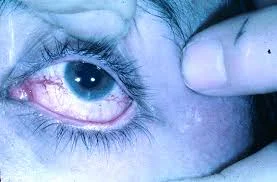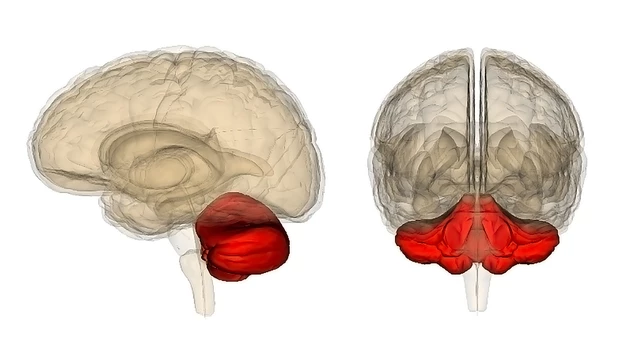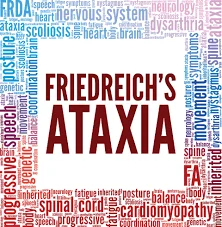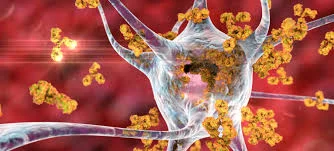Cervical Spondylosis and Myelopathy
Cervical Spondylosis with Myelopathy is a condition where age-related degeneration of the cervical spine leads to compression of the spinal cord. This can cause symptoms like neck stiffness, numbness or weakness in the arms and legs, coordination difficulties, and even balance issues. It is a progressive disorder and requires early diagnosis and appropriate treatment to…










